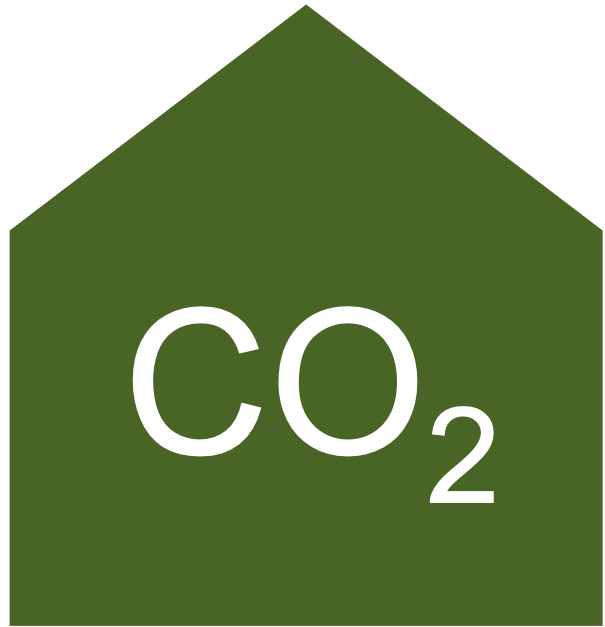Research - whats new?

Renovation projects have a great potential to reduce environmental impacts in construction. This is because a renovation effort can reduce the building's energy consumption while at the same time the material consumption is much less than with new construction. Nevertheless, it may be important to perform an LCA to reduce environmental impacts. Design choices can mean that renovation projects, in some cases, have a more significant environmental impact than new construction.
The research group's efforts within renovation LCA include the development of the method and interface in LCAbyg. In parallel, user needs in the industry are investigated, and reference values for renovation are developed.

The purpose of the project has been to digitize EPDs from EPD Denmark and make them available in LCAbyg 5 via import.
The intention has been to make it easier for the user of the LCAbyg tool to use several product-specific EPDs and ensure the quality of the data an EPD contains with the use in LCAbyg. Furthermore, extensive analysis has been made of the availability of EPDs based on a scope that deals with the Danish market and the significance for a building's LCA when using EPDs and which spans can occur, depending on which products are chosen. Projektet har sin afslutning i oktober 2021 og er en del af et samarbejde mellem BUILD og EPD Danmark, under navnet ’Faktabaseret valg af materialer til fremtidens byggeri - Kvalificering af miljødata i byggeriet’.
The project will end in October 2021 and is part of a collaboration between BUILD and EPD Denmark, 'Fact-based choice of materials for future construction - Qualification of environmental data in construction.'
The project is funded by Grundejernes Investeringsfond (GI) and the philanthropic association Realdania.

The project aims to investigate and document environmental and resource impacts associated with the use of wood in construction. The project runs until the end of 2023, and it is relevant for the industry and the use of wood in practice.
By using experiences and data from specific cases and developing generic models for wooden buildings, it will be possible to investigate the climate and environmental impact for buildings that primarily use wood in the load-bearing structures.
Working with specific building cases and generic models allows one to see how construction principles, building geometries, material choices, etc., influence wooden buildings' climate and environmental impacts.
Villum Foundation founded the project with an additional grant from Realdania to uncover in-depth knowledge from specific cases.
The primary contact person for the project is Alexandra Wittchen (alwi@build.aau.dk), a research assistant with a focus on uncovering experiences and environmental impacts from wood construction in practice.
Rasmus Nøddegaard Hansen is a Ph.D. student focusing on developing the method of consequence LCA.
Camilla Marlene Ernst is a Ph.d.student focusing on incorporating the time perspective for CO2 emissions into attributional LCA.

The focus on climate impacts from buildings is increasing. The materials included in the buildings, CO2 emissions embedded in the building's life cycle, are constantly being explored in research. The research group for Building Sustainability has prepared several projects that delve into this.
In March 2020, the publication 'Climate impacts from 60 buildings' was published, which has formed the basis for the CO2 limit values introduced in the building regulations from 2023. This publication originates from the report 'Buildings initiated energy and environmental impacts (SBi 2017: 08)' and the journal' LCA benchmarks for residential buildings in Northern Italy and Denmark - learnings from comparing two different contexts.
In international contexts, embedded CO2 is frequently discussed. The research group participates in 'European Embodied Carbon Benchmarks.' The purpose is to compile CO2 reference values for 5 European countries based on a more extensive LCA database.
The project occurs in 2020-2021 in collaboration with Rambøll Denmark and Rambøll Belgium and will be supported by the Laudes Foundation.








